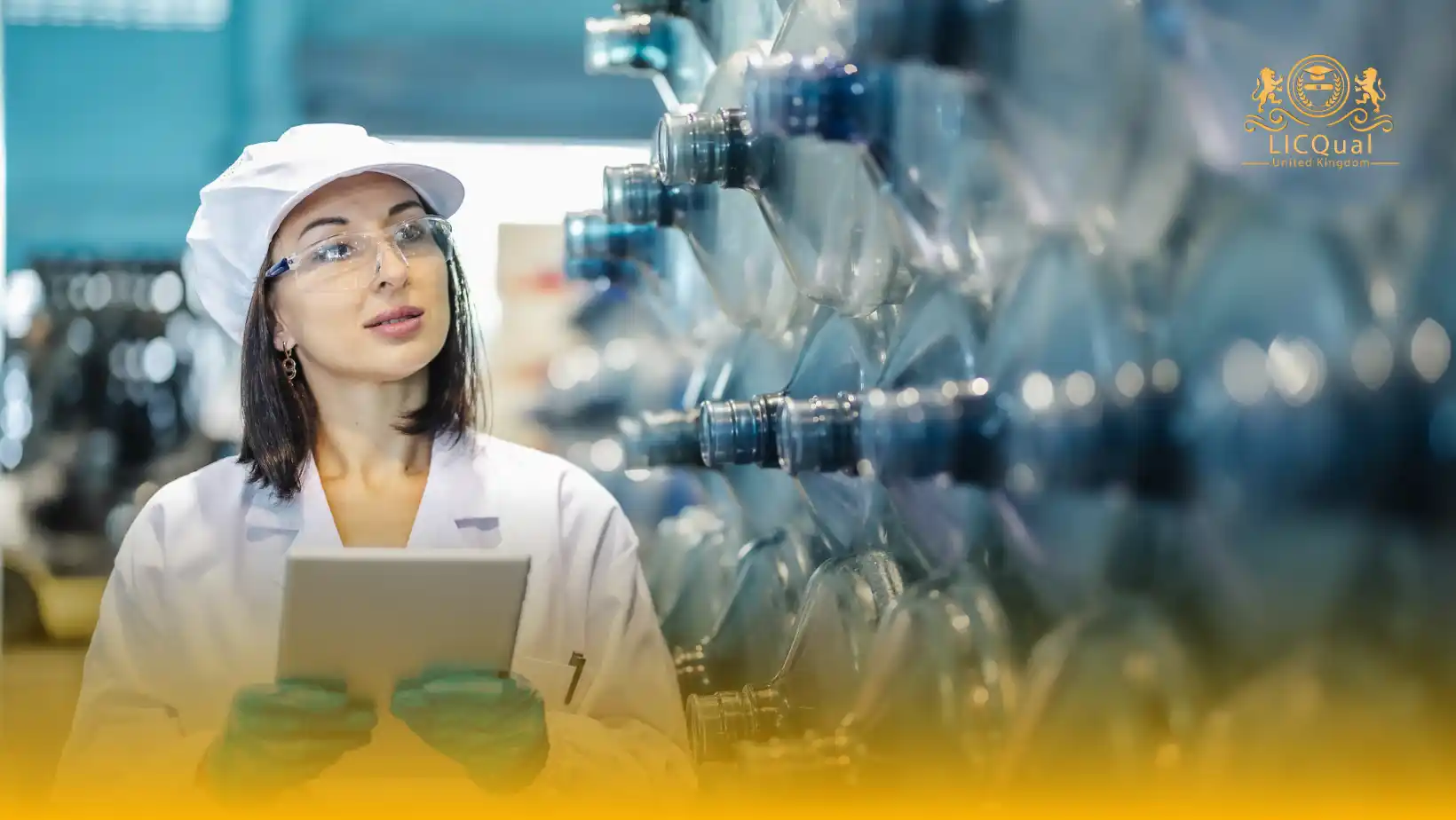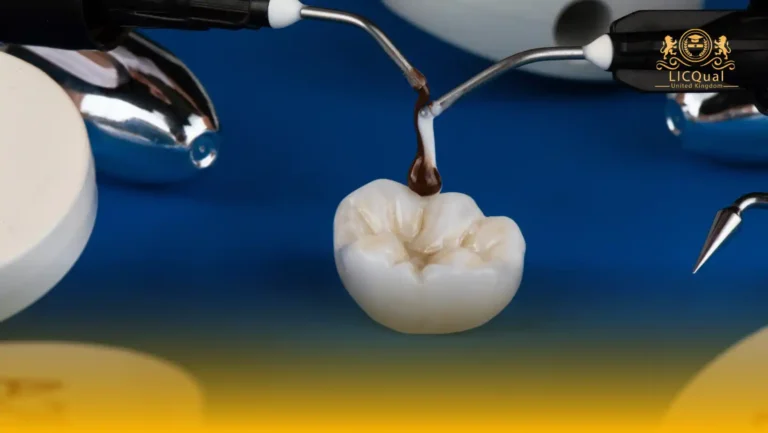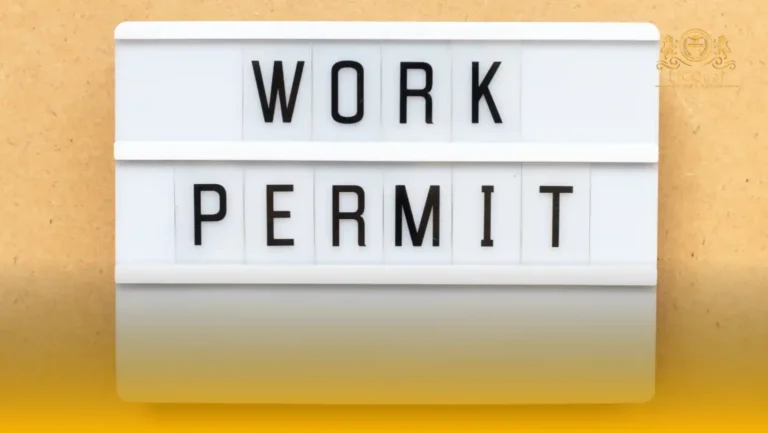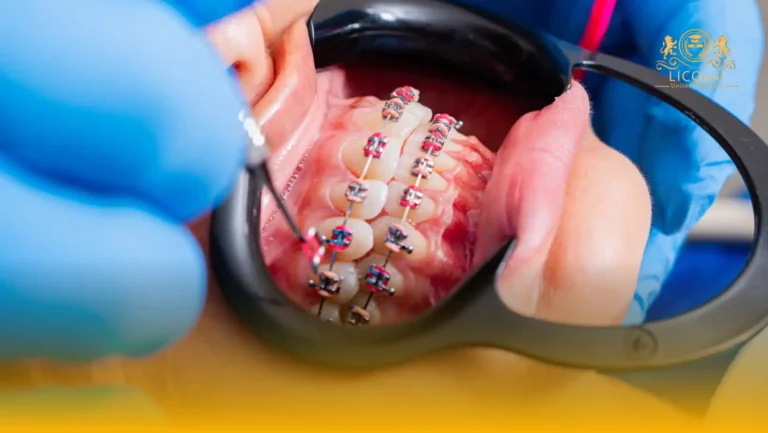Are you looking to start or enhance your career in the chemical industry? The LICQual Level 3 Diploma in Quality Assurance and Quality Control QA/QC in Chemical is the ideal entry-level qualification for individuals seeking to gain essential skills in quality management, regulatory compliance, and chemical process monitoring. This diploma is designed for laboratory technicians, production staff, and entry-level quality control professionals who want to establish a solid foundation in QA/QC practices within the chemical sector.
This Level 3 QA/QC Diploma in the chemical industry combines practical knowledge with core theoretical principles, ensuring learners understand quality assurance systems, ISO standards, laboratory safety, and process control. You’ll explore methods for monitoring chemical processes, performing basic testing and sampling, and maintaining product quality, giving you the confidence to contribute effectively to your organization’s QA/QC initiatives.
The LICQual QA/QC Chemical Diploma Level 3 is perfect for those who want to build a career in quality assurance or control. Through hands-on exercises, case studies, and structured assessments, learners will gain practical skills in chemical testing, process documentation, compliance checks, and team collaboration. This course emphasizes real-world applications, enabling you to apply your learning immediately in professional settings.
Completing this professional Diploma in QA/QC Chemical manufacturing not only enhances your technical abilities but also strengthens your professional profile. You will gain recognized certification that demonstrates your competency in quality control and assurance in chemical production, positioning you for career advancement or further education in QA/QC and chemical engineering fields.
If you are aiming to start or progress your career with the LICQual Level 3 Diploma in Quality Assurance and Quality Control QA/QC in Chemical, this qualification provides a practical, industry-focused foundation. Acquire the skills, confidence, and recognition to contribute effectively to chemical QA/QC teams and make a meaningful impact in your organization.
Course Overview
Qualification Title
LICQual Level 3 Diploma in Quality Assurance and Quality Control QA/QC in Chemical
Total Units
6
Total Credits
60
GLH
240
Qualification #
LICQ2201239
Qualification Specification
To enroll in the LICQual Level 3 Diploma in Quality Assurance and Quality Control QA/QC in Chemical, applicants must meet the following criteria:
|
Qualification# |
Unit Title |
Credits |
GLH |
|---|---|---|---|
|
LICQ2201239-1 |
Introduction to Quality Assurance and Quality Control in Chemical Industry |
10 |
40 |
|
LICQ2201239-2 |
Fundamentals of Chemical Quality Control Techniques |
10 |
40 |
|
LICQ2201239-3 |
Introduction to Quality Assurance Processes and Risk Awareness |
10 |
40 |
|
LICQ2201239-4 |
Regulatory Standards and Compliance in Chemical Industry |
10 |
40 |
|
LICQ2201239-5 |
Process Monitoring and Continuous Improvement Techniques |
10 |
40 |
|
LICQ2201239-6 |
Professional Skills for QA/QC in Chemical Industry |
10 |
40 |
By the end of this course, learners will be able to:
Unit 1: Introduction to Quality Assurance and Quality Control in Chemical Industry
After completing this unit, learners will be able to:
- Explain the core principles of quality assurance (QA) and quality control (QC) in the chemical industry.
- Identify the roles and responsibilities of QA/QC professionals in chemical operations.
- Demonstrate understanding of product consistency, safety, and regulatory compliance.
- Recognize the importance of QA/QC in chemical production and laboratory environments.
- Apply basic QA/QC concepts to support operational efficiency and quality outcomes.
- Understand key terminology and frameworks used in chemical quality management systems (QMS).
Unit 2: Fundamentals of Chemical Quality Control Techniques
After completing this unit, learners will be able to:
- Perform basic sampling and chemical testing procedures.
- Use laboratory instruments accurately and safely for quality control purposes.
- Monitor and record chemical production processes to maintain product quality.
- Apply measurement and analytical techniques in compliance with standard procedures.
- Identify deviations or errors in chemical processes and take appropriate corrective steps.
- Maintain proper documentation of QC testing results and laboratory activities.
Unit 3: Introduction to Quality Assurance Processes and Risk Awareness
After completing this unit, learners will be able to:
- Understand and apply basic quality assurance frameworks in chemical operations.
- Identify potential risks and implement preventive measures to maintain quality.
- Document deviations and support the corrective action process.
- Understand the role of QA in ensuring consistent chemical production standards.
- Apply simple risk management techniques to improve operational reliability.
- Support QA processes through effective monitoring and reporting practices.
Unit 4: Regulatory Standards and Compliance in Chemical Industry
After completing this unit, learners will be able to:
- Identify key chemical industry regulations including GMP, ISO, and OSHA basics.
- Apply regulatory knowledge to ensure compliance in chemical operations.
- Maintain proper documentation to meet industry and legal standards.
- Understand the impact of regulatory requirements on QA/QC processes.
- Support audits and inspections through accurate record keeping and reporting.
- Advise on basic strategies to maintain continuous compliance and product safety.
Unit 5: Process Monitoring and Continuous Improvement Techniques
After completing this unit, learners will be able to:
- Monitor chemical production processes using quality control metrics.
- Identify inefficiencies or quality deviations and recommend improvement measures.
- Apply basic continuous improvement techniques to enhance operations.
- Analyze QA/QC data to support evidence-based decision-making.
- Understand the role of process optimization in improving product quality.
- Collaborate with teams to implement practical solutions for operational improvement.
Unit 6: Professional Skills for QA/QC in Chemical Industry
After completing this unit, learners will be able to:
- Prepare clear and professional quality reports and documentation.
- Communicate QA/QC findings effectively with team members and supervisors.
- Demonstrate teamwork and basic leadership skills in QA/QC tasks.
- Apply professional conduct in laboratory and production environments.
- Support decision-making and quality improvement initiatives through data analysis.
- Contribute to fostering a quality-focused culture within chemical operations.
The LICQual Level 3 Diploma in Quality Assurance and Quality Control QA/QC in Chemical is designed for individuals who want to build a strong foundation in QA/QC principles and practices within the chemical industry. This course is ideal for beginners, laboratory staff, production operators, and anyone seeking a career in quality management in chemical manufacturing. Whether you are aiming to start a new career or enhance your current skills, this qualification provides the knowledge and confidence to succeed.
1. Entry-Level Chemical Industry Professionals
- Gain essential knowledge of quality assurance and quality control principles.
- Learn to apply QA/QC processes in production and laboratory settings.
- Develop skills in regulatory compliance and process monitoring.
- Understand ISO standards and safety protocols in chemical operations.
- Prepare for career advancement within chemical manufacturing roles.
- Build a foundation for further QA/QC certifications and training.
2. Laboratory Technicians and Assistants
- Master basic analytical and sampling techniques for QA/QC.
- Learn to perform laboratory testing and quality checks accurately.
- Understand documentation and reporting requirements.
- Apply safety protocols and compliance measures in chemical labs.
- Gain skills in detecting deviations and implementing corrective actions.
- Enhance employability within laboratory QA/QC positions.
3. Production Operators and Supervisors
- Learn to monitor production processes for quality standards.
- Identify and address process inefficiencies to improve output.
- Implement basic continuous improvement practices in chemical production.
- Understand risk management and preventive actions.
- Support team collaboration for quality-driven results.
- Strengthen skills for promotions to QA/QC supervisory roles.
4. Graduates in Chemistry or Related Fields
- Gain practical QA/QC experience beyond academic learning.
- Apply theoretical knowledge in real-world chemical industry settings.
- Develop process monitoring and compliance skills.
- Learn industry standards, safety, and quality documentation.
- Build professional competencies in communication and teamwork.
- Enhance career readiness for entry-level QA/QC positions.
5. Professionals Transitioning into QA/QC Roles
- Acquire core QA/QC knowledge for chemical industry applications.
- Understand regulatory compliance and documentation practices.
- Develop hands-on skills for process monitoring and laboratory testing.
- Gain confidence to contribute effectively to QA/QC teams.
- Prepare for career growth in chemical quality assurance roles.
- Learn to support continuous improvement and risk management initiatives.
6. Aspiring QA/QC Team Leaders
- Develop leadership skills to support and guide QA/QC teams.
- Learn effective communication and reporting techniques.
- Understand how to coordinate quality processes across departments.
- Gain knowledge of process audits and compliance standards.
- Build confidence to influence quality culture within the organization.
- Prepare for higher-level QA/QC certifications and responsibilities.
7. Individuals Seeking Career Advancement in Chemicals
- Enhance professional credibility with a recognized Level 3 QA/QC qualification.
- Acquire skills to improve production quality and operational efficiency.
- Understand industry regulations and best practices.
- Prepare for supervisory or specialized QA/QC roles.
- Strengthen analytical and problem-solving skills for quality improvement.
- Gain practical experience applicable to laboratory, production, and management roles.
Assessment and Verification
All units within this qualification are subject to internal assessment by the approved centre and external verification by LICQual. The qualification follows a criterion-referenced assessment approach, ensuring that learners meet all specified learning outcomes.
To achieve a ‘Pass’ in any unit, learners must provide valid, sufficient, and authentic evidence demonstrating their attainment of all learning outcomes and compliance with the prescribed assessment criteria. The Assessor is responsible for evaluating the evidence and determining whether the learner has successfully met the required standards.
Assessors must maintain a clear and comprehensive audit trail, documenting the basis for their assessment decisions to ensure transparency, consistency, and compliance with quality assurance requirements.







